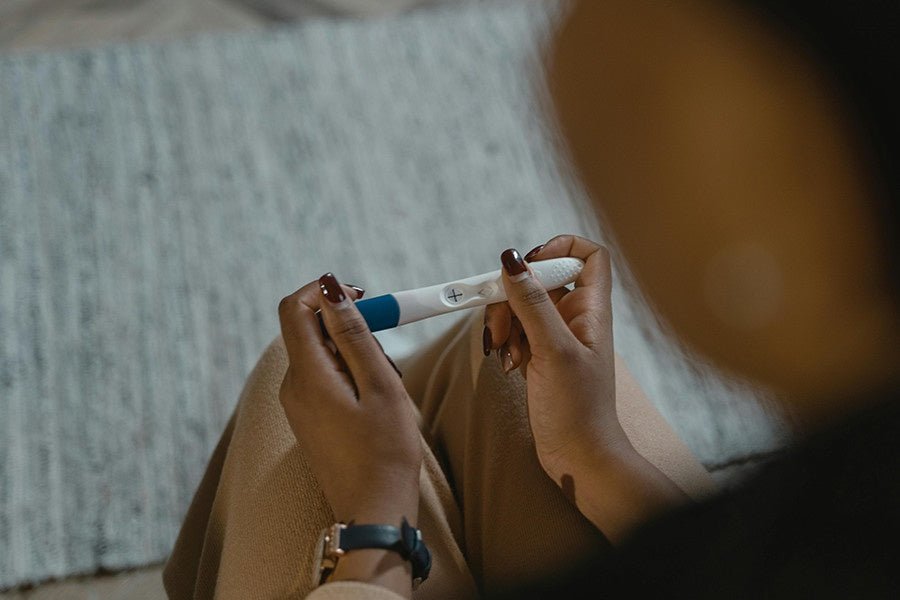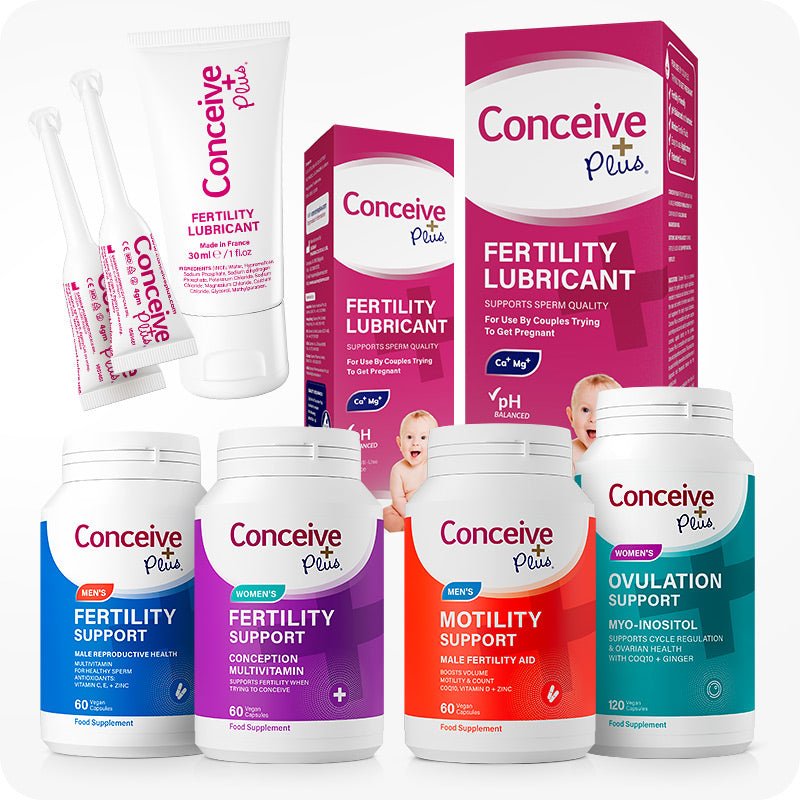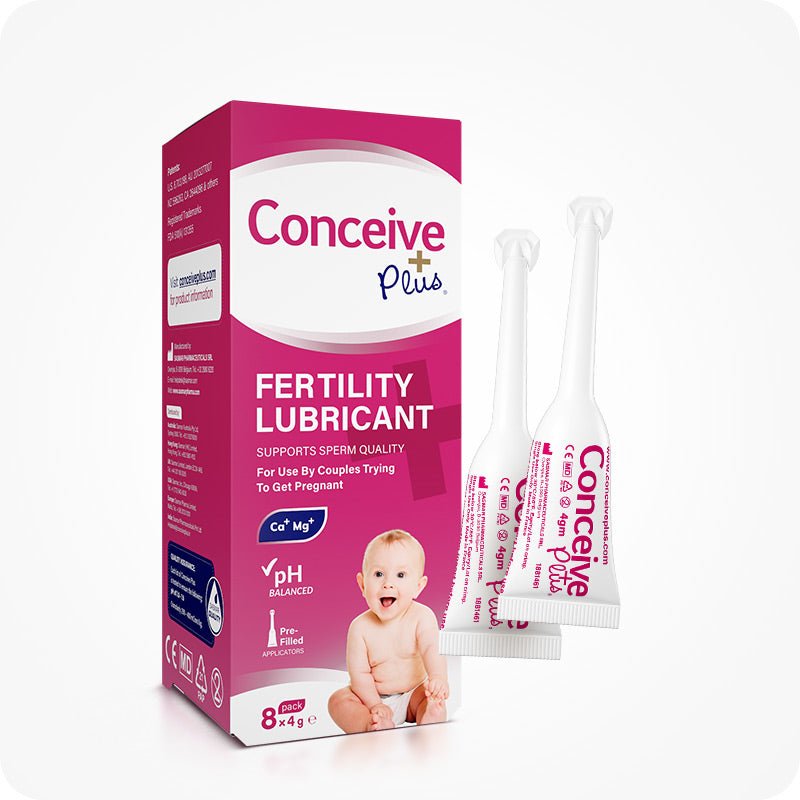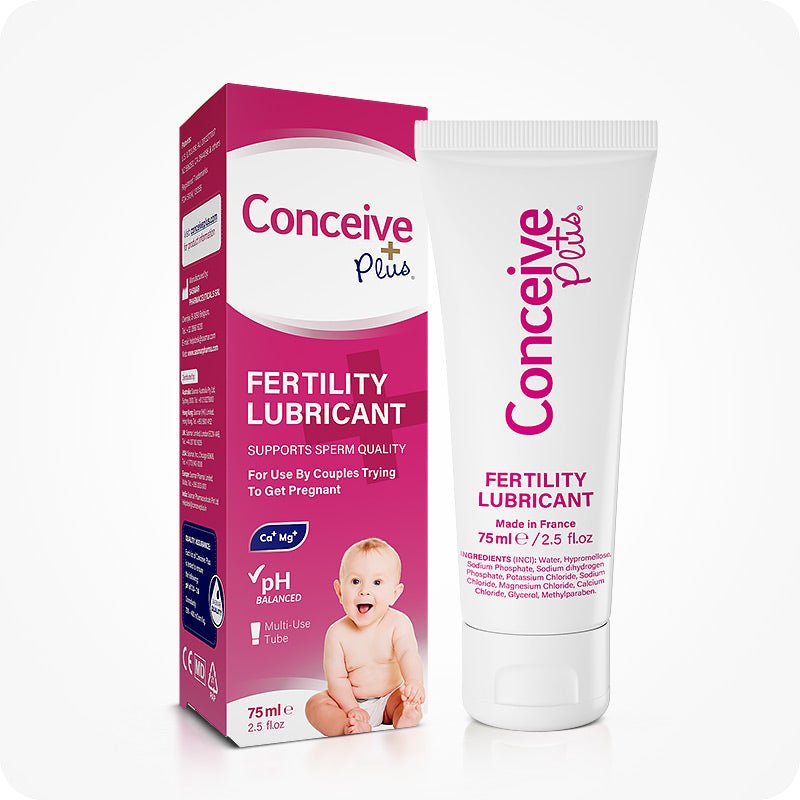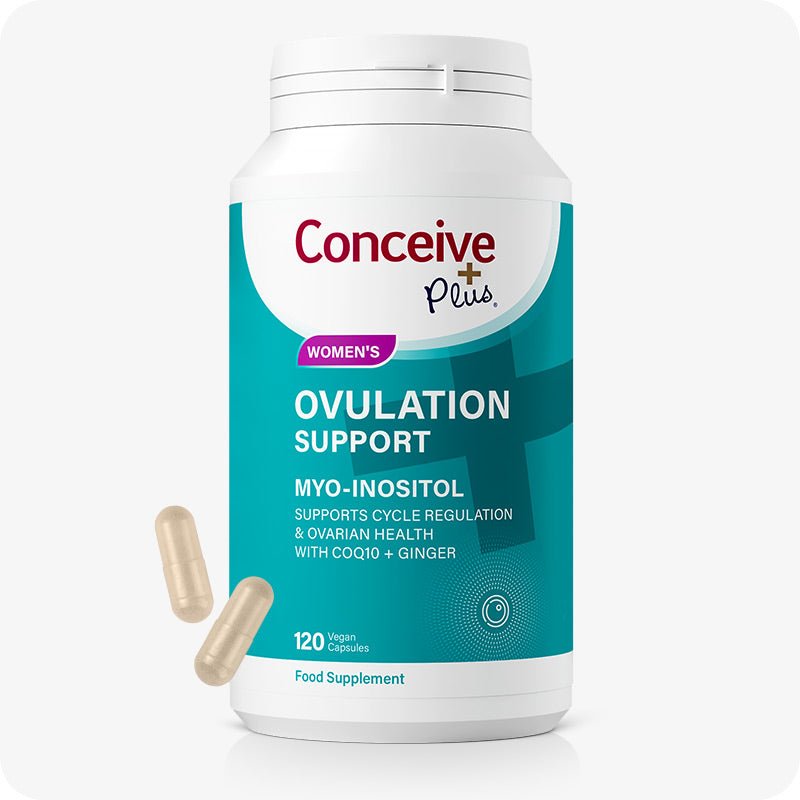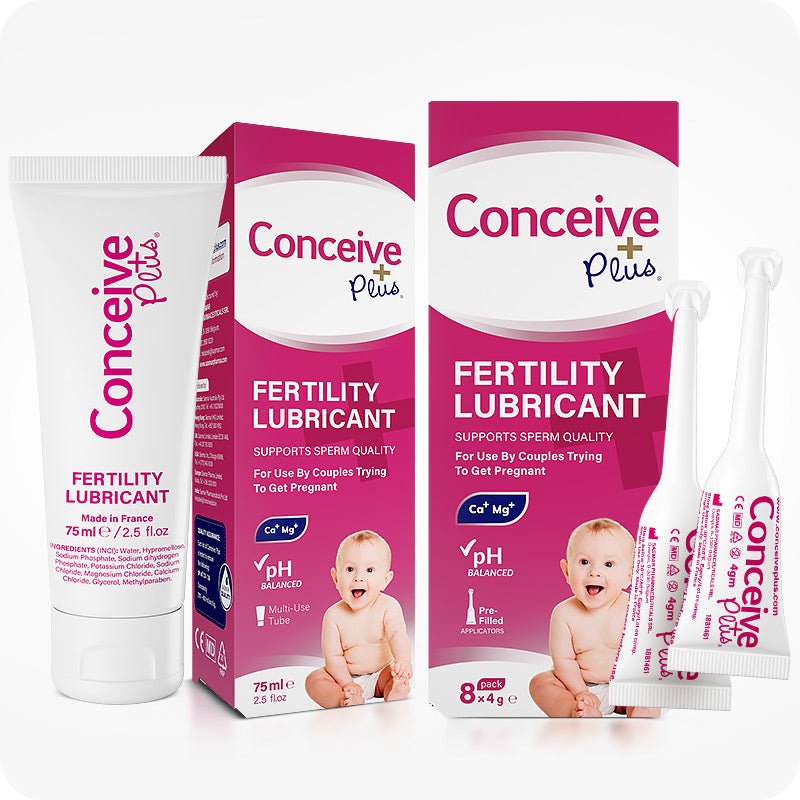How to Safely Get Pregnant with Herpes

Discovering that you have genital herpes can be distressing, especially when you’re thinking of starting a family or trying to conceive. You may have concerns about how to safely get pregnant with herpes or how to get rid of a herpes outbreak while pregnant.
The good news is that genital herpes doesn’t affect female fertility like other sexually transmitted infections (STIs) and you can still get pregnant. However, having intercourse can cause herpes flare-ups and you also run the risk of spreading it to your partner. Read on, to learn what you can do to conceive safely with genital herpes.
How Do You Get Genital Herpes?
Genital herpes is a sexually transmitted infection (STI) that is caused by the Herpes Simplex Virus (HSV). It is passed from one person to another via oral, anal, or vaginal sex [1]. Herpes is a contagious infection that is passed via skin-to-skin contact with the infected area, or by sharing objects that have come in contact with the infected area.
The blisters and sores associated with genital herpes do not need to be visible or open for the virus to be passed on to another person.
What’s the Difference Between HSV-1 and HSV-2?
The HSV virus is divided into HSV-1 and HSV-2 [2].
The HSV-1 virus is oral herpes, which manifests around the mouth as cold sores. It is more widespread than HSV-2 and is known to affect 70% of people in the UK. The HSV-1 virus is most commonly passed on by kissing, using the same utensils to eat, or sharing a toothbrush.
The HSV-2 virus is what causes genital herpes and affects approximately 23% of adults in the UK. It is most commonly passed on through unprotected penetrative sex. However, it can also spread from fingers to the genitals or by sharing sex toys with an infected partner.
Symptoms of Genital Herpes
Although symptoms of genital herpes can clear up fast, they can also return just as quickly. Known as herpes flare-ups or outbreaks, recurring symptoms are known to be triggered by sex, menstruation, stress, tiredness, and a low immune system due to another illness [1].
The first genital herpes infection can be quite painful and result in all-over body aches as well as fever and a sense of exhaustion. Flare-ups after the initial outbreak are generally less intense but result in obvious symptoms nonetheless.
The most common symptoms of genital herpes are:
- Burning and itching around the genitals and anus
- Small blisters around the genitals, anus, and thighs
- When blisters burst, open sores can appear in the same areas
- Pain when urinating
- Unusual vaginal discharge
How to Get Pregnant Safely with Herpes?
Unlike other STIs, herpes does not impact female fertility, however, it can affect your plans to conceive given that healthcare practitioners recommend avoiding unprotected sex with herpes.
When trying to conceive, doctors will always advise against having unprotected sex during a herpes flare-up. For this reason, it’s recommended that women with herpes who are trying to get pregnant should take a daily antiviral medicine to avoid passing the virus to their partner.
Alternatively, if your male partner has herpes and you are thinking about starting a family, he should take antiviral medicine every day to avoid passing it on to you.
Studies have shown that taking daily antiviral medication can significantly reduce the probability of spreading the virus to a partner during intercourse, however, a small risk still exists [3].
How to Get Rid of Herpes Outbreak While Pregnant
Having a genital herpes outbreak during pregnancy is common in women who contracted it before pregnancy and during pregnancy. Based on this, antiviral medication to treat genital herpes has been proven to be safe during pregnancy.
Therefore doctors or OB/GYNs will usually prescribe it to treat herpes flare-ups [4].
Genital Herpes and Childbirth
When women have herpes before they get pregnant there is a very low chance that it will be passed on to their baby during pregnancy or childbirth. This is because women already infected with genital herpes produce herpes antibodies that are passed onto their baby via the placenta.
Women who contract genital herpes during pregnancy, however, will not have the pre-existing herpes antibodies that can be passed to the baby via the placenta. This means there is a higher risk of their baby contracting the virus and they are typically prescribed antiviral meds during pregnancy.
It was previously assumed that vaginal childbirth could infect a newborn and C-sections were preplanned to avoid the baby coming in contact with any open sores. However, new research from the Royal College of Obstetrics and Gynaecology [4] suggests otherwise.
According to their research, all babies in the womb receive antibodies through the placenta in the last months of pregnancy against every infection their mother contracted, including herpes antibodies. These antibodies were found to protect newborns during childbirth and after birth, and for longer if the mother breastfeeds [5].
How Do I Take Clomid to Get Pregnant?
Clomid (clomiphene citrate) is a fertility medication commonly used to help women conceive. It is often prescribed to help females with fertility issues caused by STIs, reproductive conditions, and irregular menstrual cycles.
If you're considering using Clomid to get pregnant, it's important to consult with your OB/GYN or fertility specialist to determine if Clomid is right for you. How to take Clomid to get pregnant will depend on their findings and instructions.
A course of 50 mg daily for 5 days is typically prescribed and your doctor will recommend if you should start on day 3, 4, or 5 of your menstrual cycle. Your response to the medication will be checked with follow-up blood tests and ultrasounds, and you will be encouraged to have intercourse during your fertile window (3-4 days around ovulation).
Your OB/GYN or fertility specialist will also schedule an appointment after your menstrual cycle to check if Clomid was beneficial and to discuss the next steps.
If you notice any hot flashes, severe mood swings or abdominal discomfort while taking Clomid, notify your doctor immediately.
The Bottom Line
When considering how to safely get pregnant with herpes, it’s common for concerns to arise when you’re trying to get pregnant with genital herpes. Although the symptoms of this contagious virus are known to subside quickly, a genital herpes outbreak can be triggered by intercourse. And the fear of passing it on to your partner or your baby is very real.
However, research has confirmed that it’s safe to take antiviral medication when trying to conceive and this will prevent spreading herpes to your partner. Antiviral medication is also safe to take while pregnant, and the herpes antibodies that pass through the placenta in the last weeks of pregnancy will protect your baby while passing through the vaginal canal during childbirth.
References
- NHS - Genital Herpes - https://www.nhs.uk/conditions/genital-herpes/
- Your Sexual Health - How Common is Herpes in The UK? - https://yoursexualhealth.co.uk/blog/how-common-is-herpes-in-the-uk/
- National Library of Medicine - Reducing the transmission of genital herpes - https://www.ncbi.nlm.nih.gov/pmc/articles/PMC544977/
- Royal College of Obstetricians and Gynaecologists - Genital Herpes in Pregnancy - https://www.rcog.org.uk/for-the-public/browse-our-patient-information/genital-herpes-in-pregnancy/
- Herpes Virus Association UK - Genital herpes, pregnancy and childbirth - https://herpes.org.uk/frequently-asked-questions/genital-herpes-pregnancy-childbirth/





